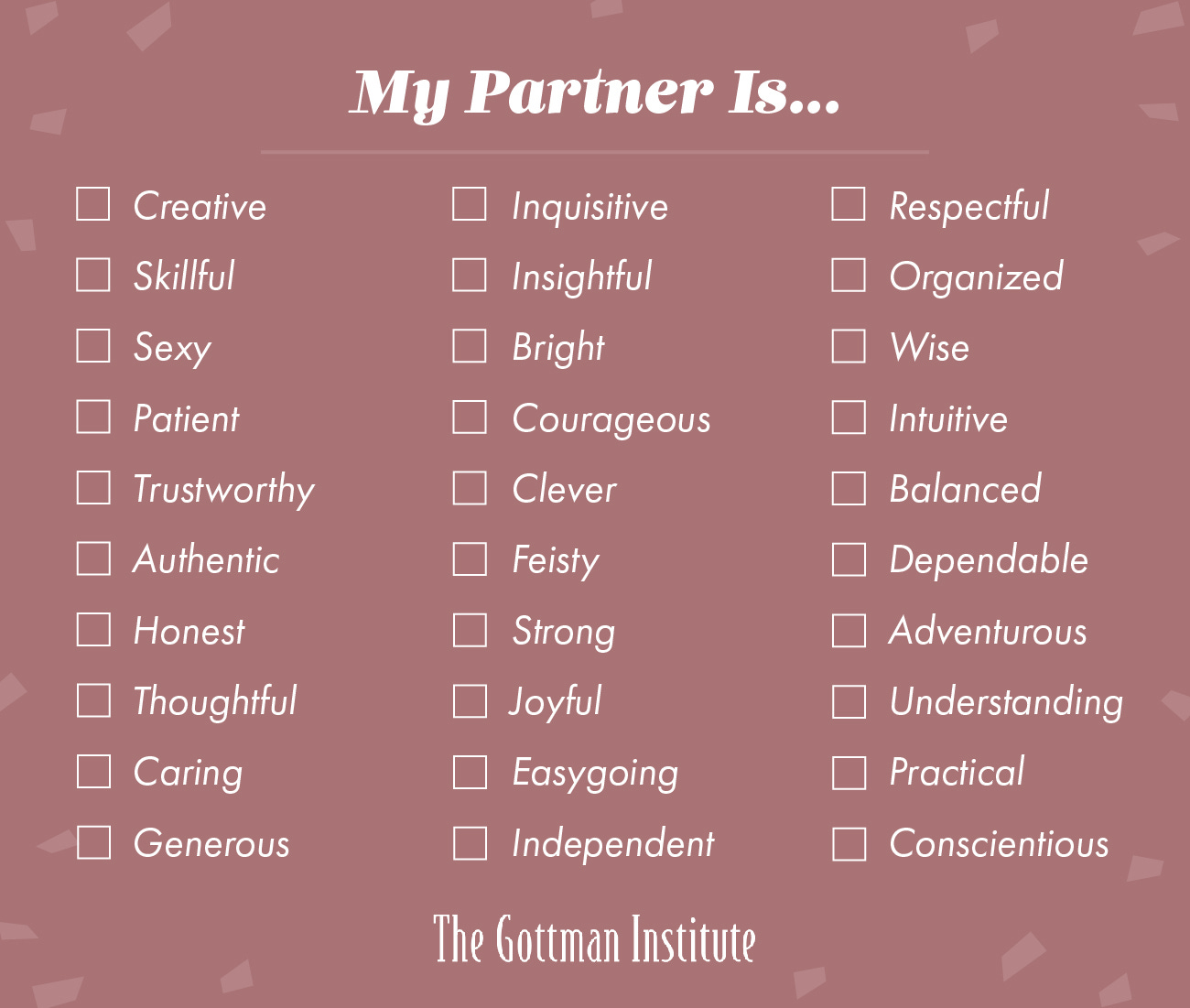The first mention of the Four Horsemen occurs in Revelation 6, written by the Apostle John. The rider on the white horse carries a bow and wears a crown, going into battle to achieve victory. Another rider appears on a red horse, wielding a sword and claiming to bring peace to the earth; however, there is war and slaughter everywhere. The third rider comes on a black horse, holding scales in one hand. John hears from the four living creatures declaring economic instability and famine in the land. The final rider appears on a pale green horse, named Death, accompanied by his companion, Grave. Together, they are given authority over a quarter of the earth, to kill through sword, famine, disease, and wild animals. This passage is one of the more frightening texts in Revelation and the Bible, and it often discourages people from reading Revelation.
Dr. John Gottman uses this passage as a metaphor in his book, “Why Marriages Succeed or Fail: And How You Can Make Yours Last1,” to illustrate four attitudes in a marriage that can lead to divorce. In this blog, I will discuss two of the four attitudes to help readers recognize whether they or their partner exhibit any of these behaviors. Fortunately, Gottman also provides “antidotes” for each attitude that can help save couples from divorce.
Criticism
Criticizing your partner is different from sharing a complaint or expressing a concern. Criticism involves putting your partner down and attacking their integrity and character. This negative attitude prevents you from seeing the positive aspects of your partner. As a result, conflicts are unlikely to be fully resolved because you remain focused on your negative perception of them.
Examples of the Difference Between Criticism and Complaints2:
- Complaint: “I was worried when you were running late and didn’t call me. I thought we had agreed to keep each other informed.”
- Criticism: “You never think about how your actions affect others. I don’t believe you forgot; you’re just being selfish. You never consider other people’s feelings! You never think of me!”
Antidote
Gottman advises those who fall into this category to use what he calls a “gentle start-up3.” It’s logical that the best way to avoid attacking your partner’s character is to approach the conversation gently. This requires preparing what you want to say in advance, essentially creating a script that conveys your feelings without criticism. The most effective way to express your feelings without being confrontational is to use “I” statements. Notice the difference in the examples above; expressing your complaints in this way makes them feel less like an attack. When your partner doesn’t feel attacked, they are more receptive to hearing your concerns, leading to quicker conflict resolution. Below is a video of Dr. Julie Gottman addressing the question, “What if the Gentle Start-Up Doesn’t Work?”
Contempt
In this category, the person with contempt mean and cruel to their partner. There is no problem solving with this person. Their agenda is to bring the other person down to gain dominance. And by doing that they will make the person feel worthless. Someone that falls under this category would be a narcissist. These types of people can never be in the wrong. The have to be superior to everyone else in their circle. Their goal is not to solve the real problem, but to put the blame on someone else to solve it. However, you may fall into this category and not be a narcissist. Here’s an example of someone with contempt:
"I can’t believe you’re complaining about your job again. You know, some people have real problems. You just don’t handle stress very well. If you were actually good at your job, you wouldn’t find it so hard. Honestly, it’s embarrassing to hear you whine about it. I work so much harder than you do, and I don’t go around making excuses. Maybe if you focused more on improving yourself instead of complaining, you wouldn’t feel this way."
Antidote
If contempt is putting the partner down, then the antidote is to recognize the positive qualities of your partner. In Gottman’s Sound Relationship House theory, the second level of a relationship is Shared Fondness and Admiration. People tend to view the negatives of their partner naturally. The flaws of your partner seems to stand out more than positive qualities. The partner has to make intentional efforts to recognize and acknowledge the positives. This is especially vital for those who with the contempt style. Contempt is the biggest predictor of divorce. Why stay in the marriage when the spouse sees no value in you?
The more one practices the intentionality of finding the positives, the easier it becomes to point them out. It will change the perspective you have of your spouse to be more positive. Your perception is what causes you to feel certain emotions. Negative perceptions creates hate, anger, malice, and bitterness towards your partner. Positive perceptions opens you up to feel love and care towards your partner. Which will lead to appreciating and complimenting your spouse. This helps with arguments because you and partner can focus on the problem instead of the flaws of each other. Here are examples of sharing fondness and appreciation to your partner4:
“I’m proud of you.”
“I’m attracted to you.”
“I’m impressed by you.”
“I like you.”
And you can be more specific:
“I’m proud of the way you _____.”
“I’m attracted to your _____ (inside and out).”
“I am impressed that you _____.”
“I like how you _____.”
Take a few minutes to think of ways you appreciate your partner. Below is a checklist of positive traits a person can have. I encourage you to reflect on what your partner’s traits are, and check off as many as you can think of. The more you check off, the more you can appreciate them. I will do a Part 2 for the other two conflict attitudes for next excerpt.
Gottman, J. M., & Silver, N. (2015). The seven principles for making marriage work: A practical guide from the country’s foremost relationship expert. Harmony Books.
Lisitsa, E. (2024, October 15). The Four horsemen: Criticism, contempt, defensiveness, and stonewalling. The Gottman Institute. https://www.gottman.com/blog/the-four-horsemen-recognizing-criticism-contempt-defensiveness-and-stonewalling/
The Four horsemen: The antidotes. The Gottman Institute. (2024, November 22). https://www.gottman.com/blog/the-four-horsemen-the-antidotes/
Brittle, LMHC, Z. (2024, September 23). Share fondness and admiration. The Gottman Institute. https://www.gottman.com/blog/share-fondness-and-admiration/






